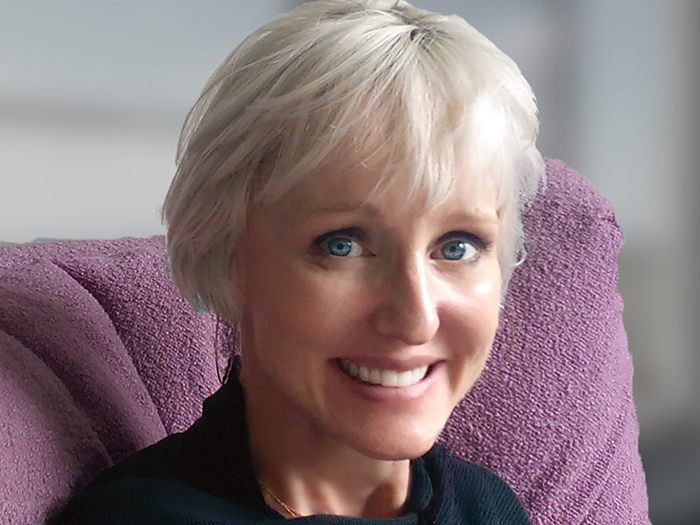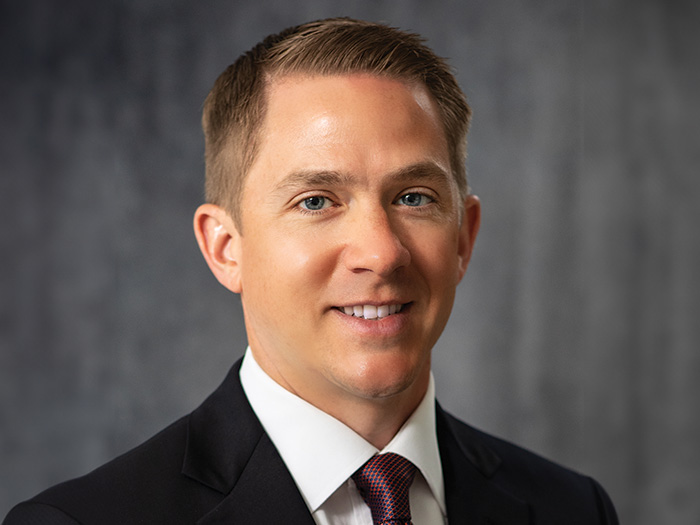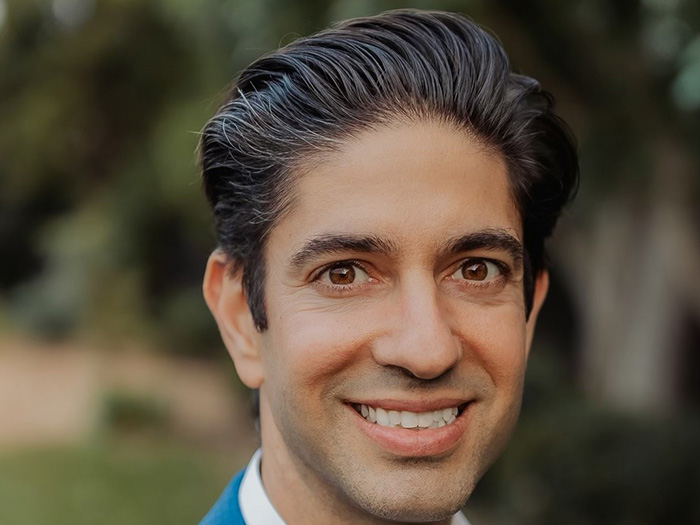Opinion | 3 of COVID-19’s Crucial Lessons for Workers’ Comp
We present The Teddy Awards to honor companies that demonstrate excellence in their commitment to safe workplaces and to providing care for injured workers. Often, stories include major upheavals and obstacles overcome to achieve success.
This year, upheaval and obstacles are a part of every employer’s story. That’s why we chose to step back for 2020 to focus on those at the front lines of COVID-19.
Staff writer Courtney DuChene has been talking to employers to learn what they’re up against on a day-to-day basis during the pandemic — and how they continue to succeed. Their stories are paeans to preparedness and proactivity.
Each has offered valuable lessons.
Lesson #1: Don’t Just Talk About What-Ifs … Plan for Them
Sprouts Markets gives props to its safety team for taking action early, by getting the latest CDC information up on the company intranet to keep everyone informed.
To ensure protection for employees in the event the virus spread, Sprouts laid in a supply of masks and face coverings back in January — a step countless other employers would later wish they’d done.
Sprouts also began providing de-escalation training for employees to help when handling customers with emotions running high in tense times. At any other time, that would sound over-the-top for a grocery chain. In 2020, it just sounds like smart risk management.
Lesson #2: Arm Yourself with Data
Mid-March, a paramedic friend of mine described the NYC hospital scene as a war zone. HRA’s Peggy Crook was already planning for that eventuality in January.
Crook is AVP of claims and loss control for Healthcare Risk Advisors, which serves many N.Y.-based academic hospitals, including Mt. Sinai, Montefiore and BronxCare Health System.
Coming to HRA from Hilton Worldwide, she’d seen the stakes of crisis management: “There were no do-overs, so I had to get it right the first time,” she said. That included capturing the right data.
One of her taskforce’s initiatives was an exposure tracking system that collects robust data — including any comorbidities an employee may have.
That data point has become critical, because people with comorbid conditions often face a higher severity risk if they contract the virus. That data helps the team better tailor care for the needs of affected workers.
Lesson #3: Position Yourself for the Long-Term
Northwell Health’s story was told on our website in August. But you may have read its story before, as a 2019 Teddy Award winner.
While news stories were reporting massive PPE shortages for NYC hospitals, Northwell treated more than 17,000 COVID-19 cases without running out of PPE for its people. Even so, the health system has seen almost 6,000 COVID-19 workers’ comp claims.
Despite the absence of a COVID-19 presumption law in NY, Northwell made the decision to approach each claim as if the infection was acquired at work, barring evidence that workplace exposure couldn’t have happened.
Northwell wanted to be certain it had a claim on record for every affected employee, explained Joseph F. Molloy, VP of workforce safety and a 2020 Risk All Star winner.
If COVID-19 has any long-term side effects, future claims can be traced back to the initial outbreak: “Nobody knows the long-term impacts of COVID,” he said. “But we wanted to make sure that we were accounting for everyone who may have been exposed as a Northwell employee.” &










